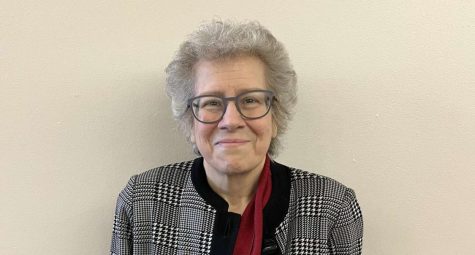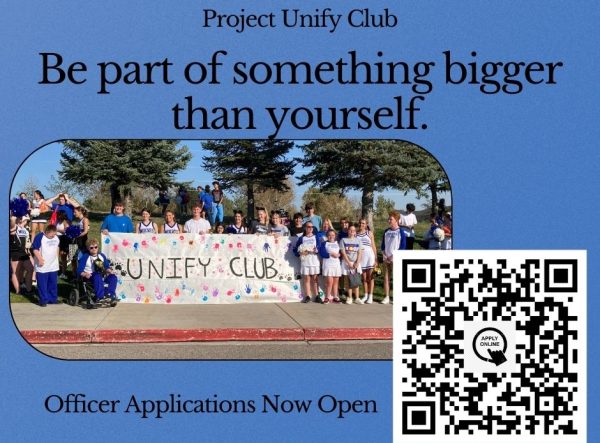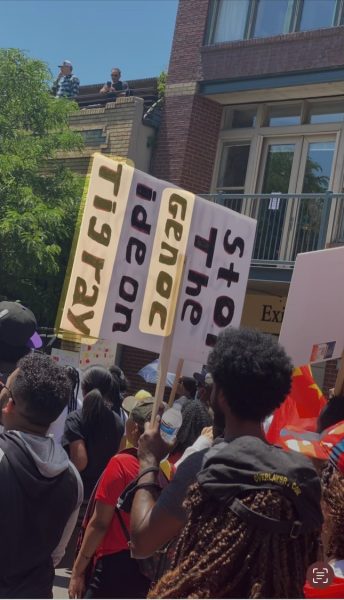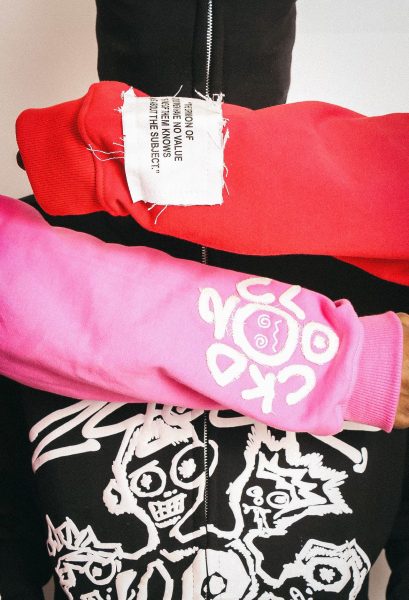How to Not Suck at Conversations
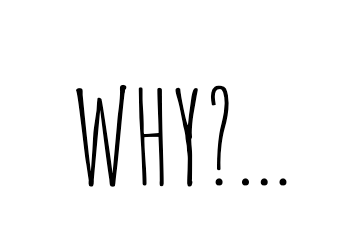
Conversations with your peers can be repetitive and somewhat tedious. Most start with a closed-ended question, and end with the yes/no response. Here’s a simple solution—ask why.
People love talking about themselves, which is not a bad thing, or even something to be ashamed to admit. People love talking about what’s going on in their lives, I know I do.
If a conversation is halted by an awkward silence, ask a question, but be sure to follow it with a “why.”
“Why do you do that?”
“Why does that make you happy?”
“Why do you like that?”
When you ask why, you ask an open-ended question: a question that requires a broader answer than yes or no. The response can be anything. The conversation can go anywhere.
I do this when I interview people for news stories, it helps me generate better responses, ones with meaning and thought behind it—so that I am able to capture the true thoughts and feelings of the interviewee.
Some say that most teens lack conversational skills. You can tell this by just trying to have a conversation with many teens. That’s ok. Most are still learning.
Conversational skills consist of the ability to share information or express feelings and being able to receive and react to that. Many are accustomed to lazy conversations where they really don’t contribute anything to the actual conversation.
Conversational skills are key to socialization. Socialization is a key part of life. It’s simple right?
Socialization is how we express how we feel or what we want. It’s also how we learn how to behave in different situations and what is right or wrong. It’s a key part of how human civilization came to be, yet teenagers can’t talk to each other.
Asking any question is great. Asking “why” is even better. It makes people dive deeper into their decision-making and really start to open up.
Whenever I meet someone new, I ask them their favorite color…and then I ask “why.” They question it at first, but then they actually think about why they chose that one color to be their favorite—they recognize and communicate good reasoning behind their favorite color choice.
From “It was the color of my first house” or “I associate it with good grades,” all of these answers lead to better conversation.
Everyone has a story—that cannot be repeated enough.
Asking “why” is one of many simple solutions to starting and engaging in better conversations beginning with our peers and applicable to our teachers, parents, and others.






